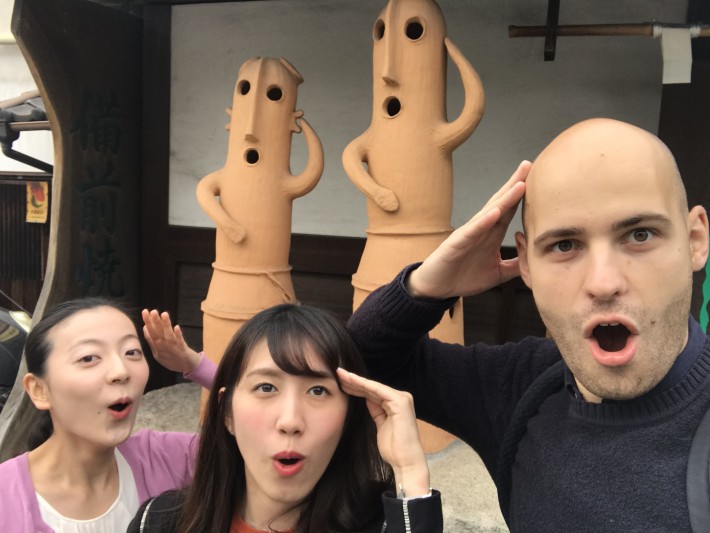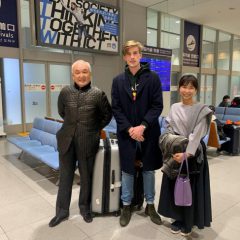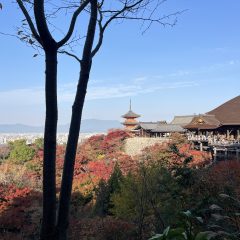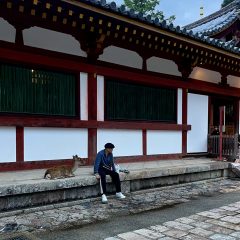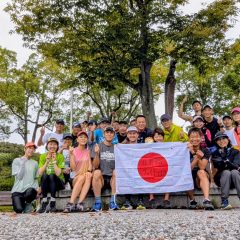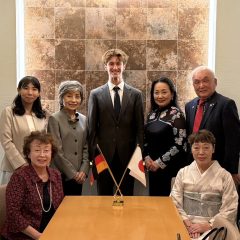☆☆☆ 4th report of Leon Riccius, 18th scholarship holder of Grünwald foundation ☆☆☆
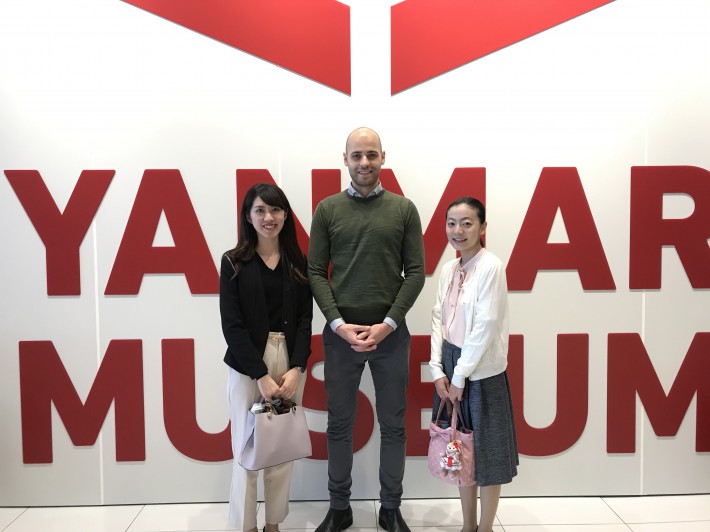
In addition to acquiring basic knowledge of Japanese and dealing with Japanese culture and history, the scholarship holders of the Grünwald Foundation are also expected to experience everyday life in Japan. Work still accounts for a large part of this. Even though the situation has improved in recent years, the Japanese usually stay at work much longer than contractually agreed. Since work plays such a central role in everyday life, I wanted to take a closer look at it. The Grünwald Foundation maintains very good relations with Yanmar and thus I was able to visit this company for three days. Yanmar is a Japanese family business known for its compact diesel engines. Now the company has almost 20,000 employees and has greatly expanded its field of activity. In addition to diesel engines, gas turbines and even entire agricultural machines are now manufactured. Yanmar is also represented in the field of cultivation technology.
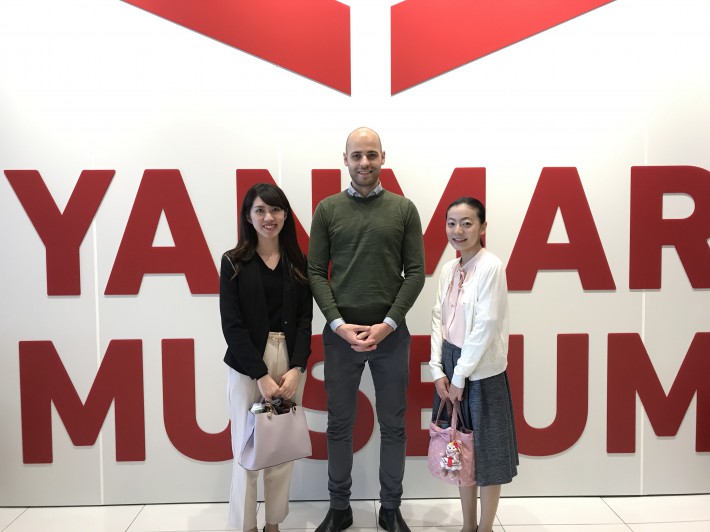
At the beginning of my visit I was introduced to the company’s philosophy. Under the motto “For a sustainable Future”, the company wants to play its part in overcoming the problems of our generation. Through efficient drives and innovative cultivation techniques, Yanmar aims to counter climate change and food shortages as a result of the population growth of the 20th and 21st centuries.
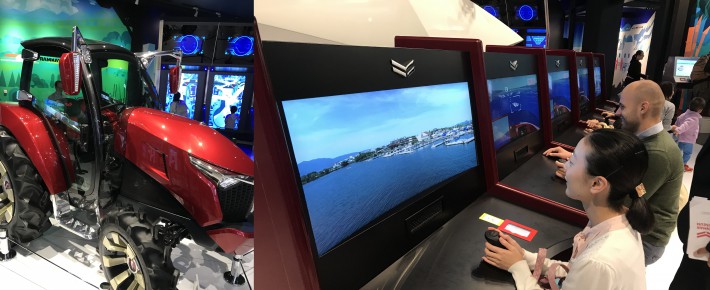
This was followed by a tour of the company’s headquarters in Umeda. This ultra-modern office building is also called Flying-Y Building and is equipped with the latest in-house building technology. Over the next few years, the building is expected to be converted into a zero-emission building and can even feed excess energy into the power grid on mild, sunny days. But not only the building technology but also the work method seemed very modern to me. The headquarters mainly houses the personnel department and no longer offers any traditional workplaces, that belong to one person only. Every day a new seat is allocated to the employees within their department. In this way, the exchange among the employees is promoted and the formation of groups is avoided.
The staff canteen is located on the top floor of the building. In the middle of the room, a large tree is surrounded by beehives. To prevent the bees from disturbing the food, a glass partition wall has been installed. You can buy these bees honey directly in the canteen. Many other organic products were also offered by farmers working with Yanmar.
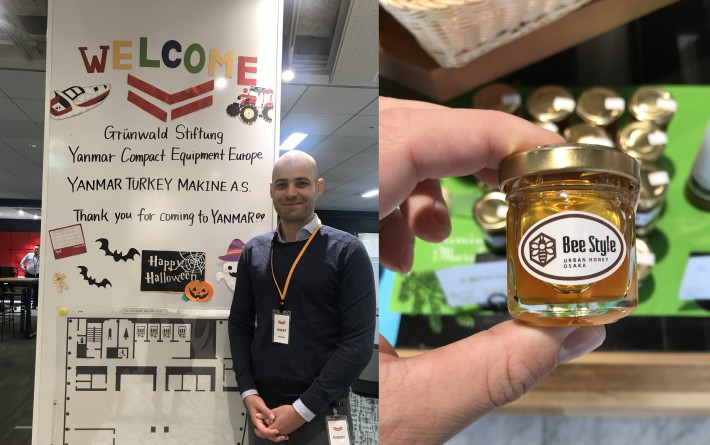
For the rest of the stay, visits to the factories were planned. So, we went took the Shinkansen to Okayama to visit the Kurashiki-Biolab and the Okayama factory. But I was particularly impressed by the Ibuki plant in Maibara. Although about 2000 variants of diesel engines are produced in only a handful of production lines, the degree of automation of this factory is enormously high. Here I was able to experience up close how well Japanese companies can optimize processes. It is not without reason that this is one of the paraded disciplines of the Japanese economy.
In the end, there was a dinner with the department that had organized my visit. Here we could review together what we had experienced and spent a nice evening.
Overall, Yanmar made a very modern and future-oriented impression on me and is already well ahead of other companies that still adhere strongly to the Japanese working model. From friends, I learned that the hierarchy in Japanese companies is very steep and strictly adhered to. At a time when Japanese companies were imitating Western products but offering them at a much better price, such top-down management was well suited. Today, however, Japan is one of the leading industrial nations and must develop its own high-tech products. Unfortunately, a rigid hierarchy offers little room for the creativity and inspiration needed for this. And so, some important companies like Sony or Toshiba had to face serious troubles over the past decade. Some others, such as Sharp, have even largely disappeared from the scene. Although I noticed that Yanmar is still in a phase of transition, I think the company is on the right track. Even though there are still differences between the headquarters and the older facilities, there is great will to break new ground and shape the future with determination.
I would like to thank Yanmar and the Grünwald Foundation for this enriching experience. In particular, I would like to thank Kajikawa-san and Oizumi-san, who accompanied me during my entire stay and while also pursuing their actual work.
